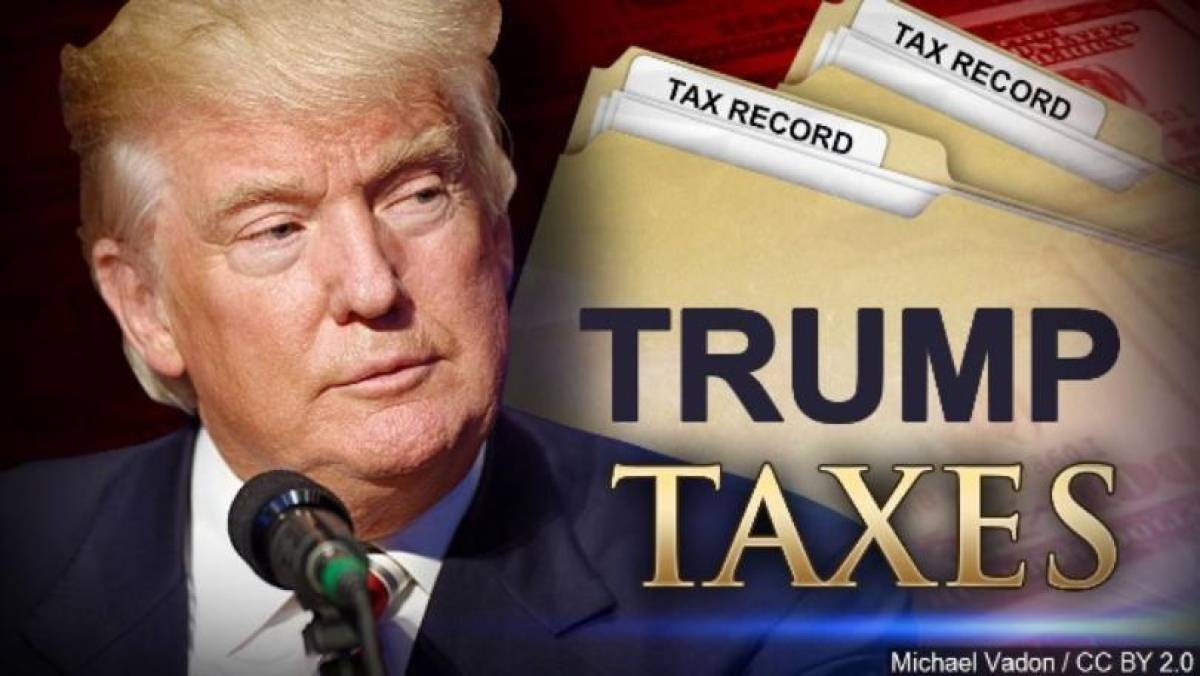Americans Need an Accounting of Trump Tax Cuts and Jobs Act of 2017
OPINION

It is time for a fair analysis and reporting about PL 115-97.
Nearing the end of their control of the House of Representatives at the end of 2017 and Chairmanship over the important Ways and Means Committee, Republican Keven Brady from Texas introduced H.R. 1 - Tax Cuts and Jobs Act of 2017 which repealed and revised many areas of the 1986 IRS Code. Besides being sponsored by Representative Brady, 24 other Republicans co-sponsored the legislation. No Democrats supported the legislation.
The Act was introduced November 2nd, 2017 and after being rushed through the legislative process in under two months this significant tax law was signed into law by President Trump on December 22nd, 2019 as PL 115-97. It is considered one of Trump's key legislative initiatives.
Unfortunately, America's citizens have not been given a fair and understandable summary of the Law.
How much revenue each year (accounting for inflation) from 2018 through 2027 will the IRS lose from this source of tax revenue because of the tax breaks on businesses?
Supposedly, to make it through the legislative cycle, certain tax breaks citizens and businesses could claim, under the 1986 IRS Code, had to be eliminated to balance out the new tax breaks.
What were the tax breaks the new law ended? What were the top 20 tax breaks in lost revenue PL 115-97 eliminated to replace income lost by giving businesses new tax breaks?
Citizens need a thorough news story identifying and explaining these tax breaks the new law ended. Explain the tax breaks in plain English and identify who and how many Americans received those tax breaks. And breakdown how much revenue each year from 2009 thru 2017 the IRS lost each year from each of those top 20 tax breaks ended by this law.
Ultimately, given the spending debt and deficit, why was Congress giving those tax breaks since 1987 to the Americans who could claim the tax breaks? Had the Democrat Party given certain tax breaks to key Party Supporters for their patronage? Was this one key reason it was clearly a bipartisan piece of legislation?
If the Democrats maintain control of the HoRs and also gain the Presidency at the same time will the Tax Law be the first piece of economic legislation the House of Representatiives will address in 2021?
Disclaimer: The views and opinions expressed in this article are those of the author and do not necessarily reflect the official policy or position of our publication.




















